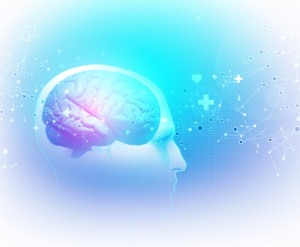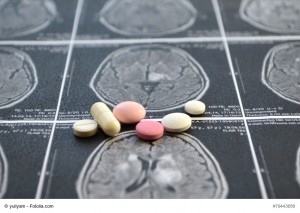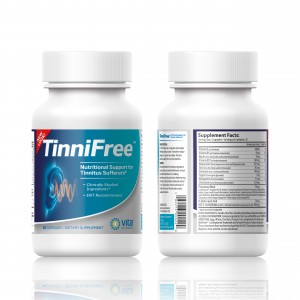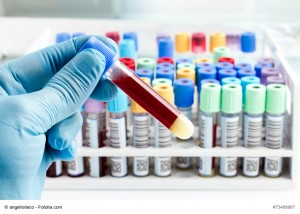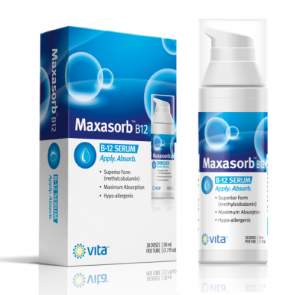Vitamin B12 deficiency and depression, anxiety and other mood disorders are a tragic combination. Most people who suffer the effects of low B12 don’t even know it- not until they start noticing unusual signs like extreme fatigue, memory loss, depression, and dizziness; symptoms that otherwise healthy individuals wouldn’t link to a mere vitamin deficiency, such as vitamin B12 anemia.
Reasons for Vitamin B12 Deficiency and Depression
Vitamin B12 and the brain
Vitamin B12 is one of the most important nutrients for the brain- it helps to maintain healthy red blood cells, which is needed for delivering oxygen to the brain and other parts of the body.
Vitamin B12 also helps to sustain myelin, a fatty substance that coats your nerve cells, increasing intercellular communication and protecting your nervous system from harm.
Thus, depleted levels of vitamin B12 puts your nervous system at risk for damage, as well as impairing your nerve cells’ ability to act efficiently and convey messages quickly to the brain.
Vitamin B12 deficiency also results in oxygen depletion (hypoxia), which causes symptoms such as fatigue, disorientation, and memory loss.
This may explain why many oft-cited scientific studies, doctors have noted a direct correlation between healthy vitamin B12 levels and reduced risk for depression, anxiety attacks, and other mood disorders.
In vegan-oriented societies, such as India, where B12-rich foods such as beef and seafood are shunned, depression and anxiety are epidemic.
Depression symptoms
Scientists have noted a variety of mental conditions, such as depression and anxiety, which often occur as a result of vitamin B12 deficiency, or may be exacerbated by plummeting levels of vitamin B12.
If you suffer from any of these symptoms, it’s important to have your vitamin B12 levels checked right away, in order to avoid misdiagnosis or prolonged symptoms caused by underlying vitamin B12 deficiency.
Emotional illness symptoms linked with vitamin B12 deficiency include:
- Chronic depression
- Anxiety
- Bipolar disorder
- Panic attacks
- Paranoia
- Hallucinations
- Memory loss
- Delusions
- Irritability
- Aggressive behavior
- Brain fog
- Inability to focus mentally
- Altered sense of taste and smell
In addition to mood disorders, other signs of vitamin B12 may include painful numbness and tingling in the extremities, muscle spasms, learning disorders, difficulty walking, poor motor skills, and difficulty conceiving pregnancy.
Take charge!
Start feeling better, immediately. Most people with B12 deficiency notice dramatic improvements in energy levels and emotional wellness after increasing their vitamin B12 supplement intake.
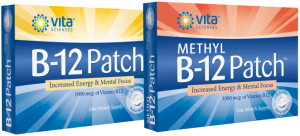
Get the Vitamin B12 Patch- Choose with Methyl or non-Methyl! Buy Now
Your turn!
Have you noticed any of the early signs of vitamin B12 deficiency, such as extreme fatigue, brain fog, or memory loss?
If so, have you tested for vitamin B12 deficiency?
Do you have any questions or suggestions? Please leave your comments below.
Share with your friends!
If you found this article helpful, then please share with your friends, family, and coworkers by email, Facebook, or Google+.
Sources:
Folate & B12 Deficiency Linked To Some Depression Subtypes
Treatment of depression: time to consider folic acid and vitamin B12.
